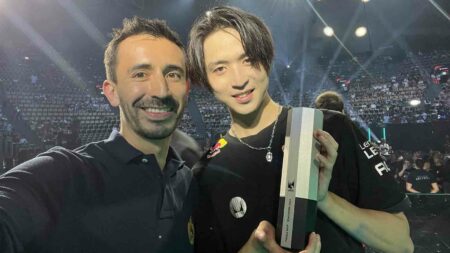World Mental Health Day is observed on October 10 each year to raise awareness about mental health issues and promote mental well-being globally.
Despite being a coach, Ismael Pedraza is never seen on stage during esports broadcasts. His work as a performance coach takes place backstage and goes back even further, rippling through the organization’s backbone, forming an invaluable piece of the support system for esports excellence.
Serving under the G2 Esports banner since 2023, their celebrated League of Legends team is currently competing at Worlds 2024, the MOBA’s annual most prestigious world championship.
Even though there’s high stakes involved, Ismael believes there isn’t much difference from a mental health perspective, especially since the players have done a lot of work “on basic protocols or processes that could help them to deal with any type of competition” during the regular seasons.
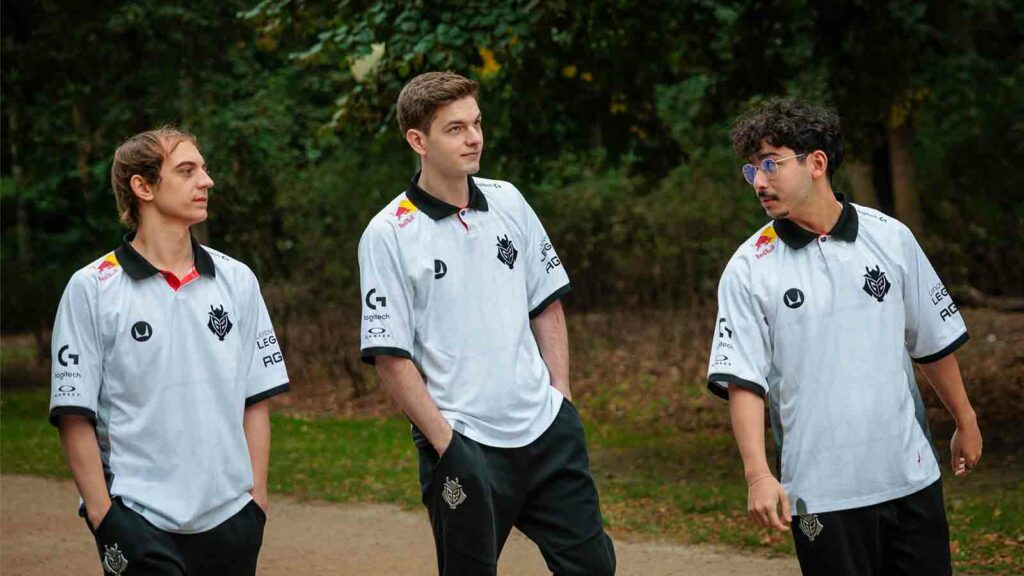
“However, something that would be different at international competitions like Worlds is the acknowledgement of variables and elements that can provide high stress or challenge for the team,” Ismael told ONE Esports, who added that addressing these variables before they happen and equipping players with tools to deal with them is an important preparatory step.
Having strong mental health is often overlooked and misunderstood in esports. More than just emotional resilience, having coping strategies, and taking care of one’s psychological well-being, there’s a lot more than meets the eye.
In honor of World Mental Health Day, ONE Esports speaks to Ismael to find out more about the role of performance coaches, the techniques he employs, and the transformative impact he’s had in esports.
What does a performance coach do in esports?
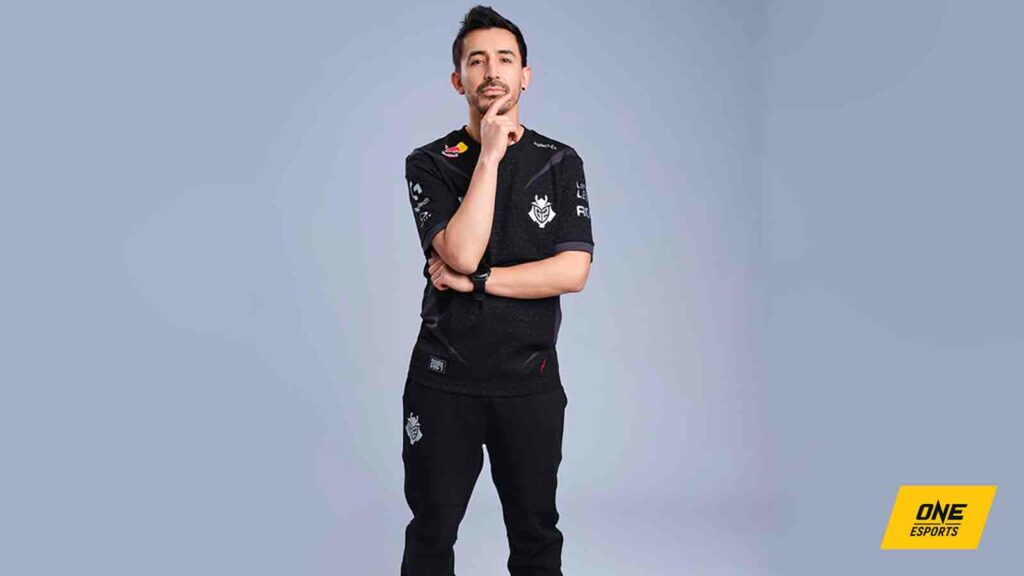
Before entering the esports industry, Ismael was completing his Master’s Degree in Sports and Exercise Psychology, with a focus on performance enhancement. In 2016, a colleague introduced the gaming scene to him which piqued his curiosity. One of the very first initiatives he carried out was giving workshops to the German Sport University Cologne League of Legends team.
One year later in 2017, he joined Misfits Gaming in summer, the same team that current G2 Esports bot laner Steven “Hans Sama” Liv was on. With Misfits, he got to experience his very first EU LCS final and Worlds in China where they narrowly lost to SK Telecom T1 3-2 in the legendary best-of-five quarterfinal match.
The term performance coach is a widely used title that refers to “an expert in one or more specific areas such as sport and exercise psychology, sport science, personal training, nutritionist, group dynamics, and communication,” Ismael explained.
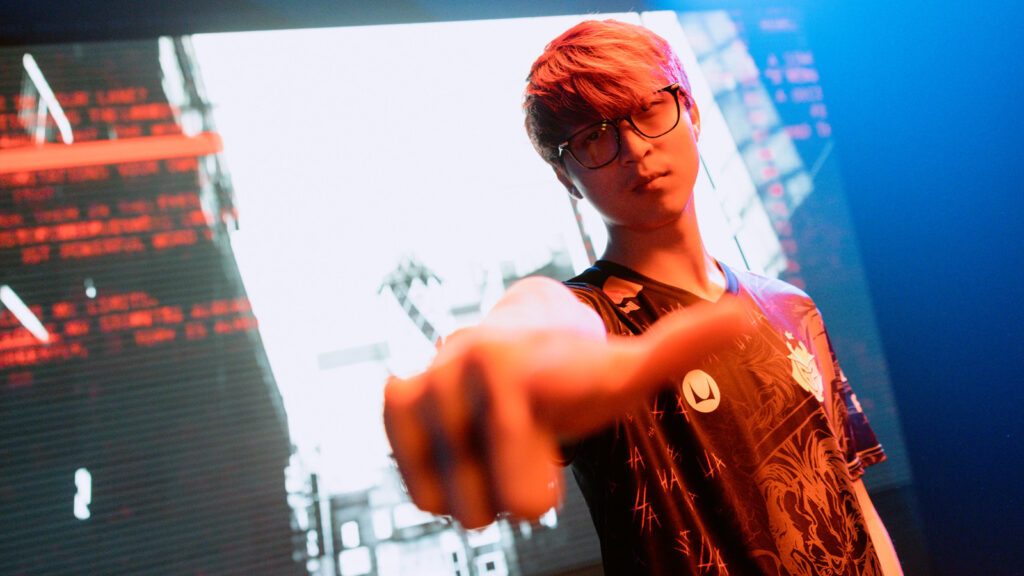
Because it covers such a broad area, performance coaches aren’t one-size-fits-all. They tend to have varying levels of expertise depending on the team they’re on.
On G2, Ismael places a high emphasis on sports psychology interventions and supervision of external experts in the other fields of performance such as personal trainers, nutritionists and sports scientists. He does this by creating a space where “players can gain knowledge and take ownership of their development outside of the game.”
Players are given the opportunity to learn more about mindsets, performance under pressure, emotional intelligence, performance habits, sleep hygiene, and more. They then reinforce these values with daily processes — for example, morning exercise, visualisation, breathing exercises, pre-performance routines, meditation, self-talk — to achieve development and high performance.
What working as a performance coach in esports is really like

“As an expert in sports psychology, the performance indicators are difficult to point out as it is not an easy task to measure mental parameters that will directly link to the in-game performance of players,” Ismael shared.
As such, the effectiveness of interventions, processes, and methodologies implemented by the performance coach are often evaluated based on two factors: client satisfaction and “potentially by achieving goals in establishing programs or processes.”
In a situation where tools are used, for instance, to track sleep or other psychophysiological parameters like heart rate variability, a more objective evaluation can be made.
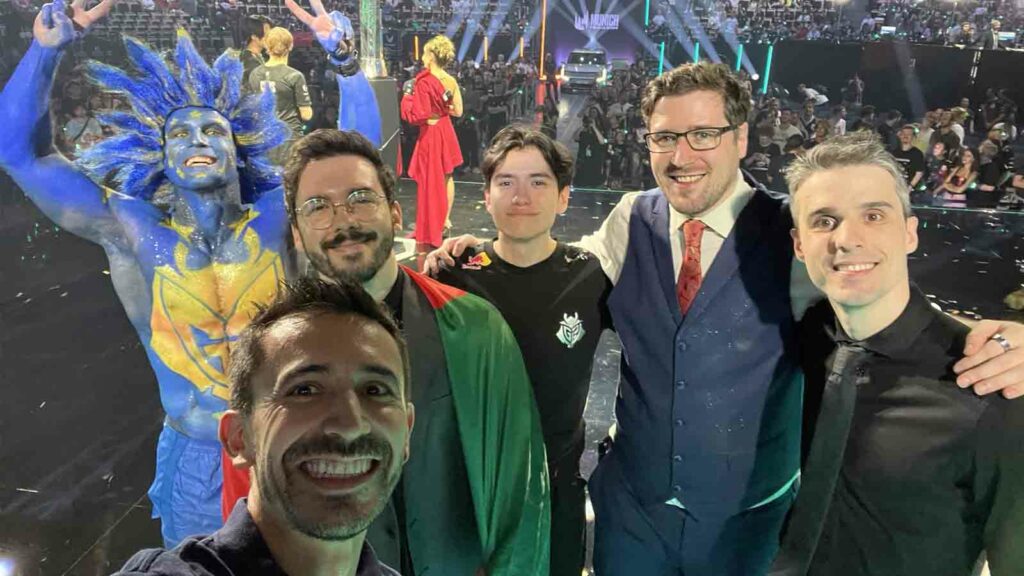
In other expert areas of performance involving the body, it’s also easier to monitor whether players have improved their body composition or strength if there were interventions aiming to improve fitness and nutrition.
For Ismael, the most satisfying thing about working with players and coaches is witnessing their ongoing development, when he can see that his interventions and protocols create a positive influence not only in the short term but for the rest of their lives.
“I have experienced this by players and coaches highlighting the positive influence and even the long-lasting effects of interventions that have helped them to change their habits, which they continue implementing even when I am not working with them or have moved to different teams,” he said.
How do esports teams and players benefit from performance coaching?
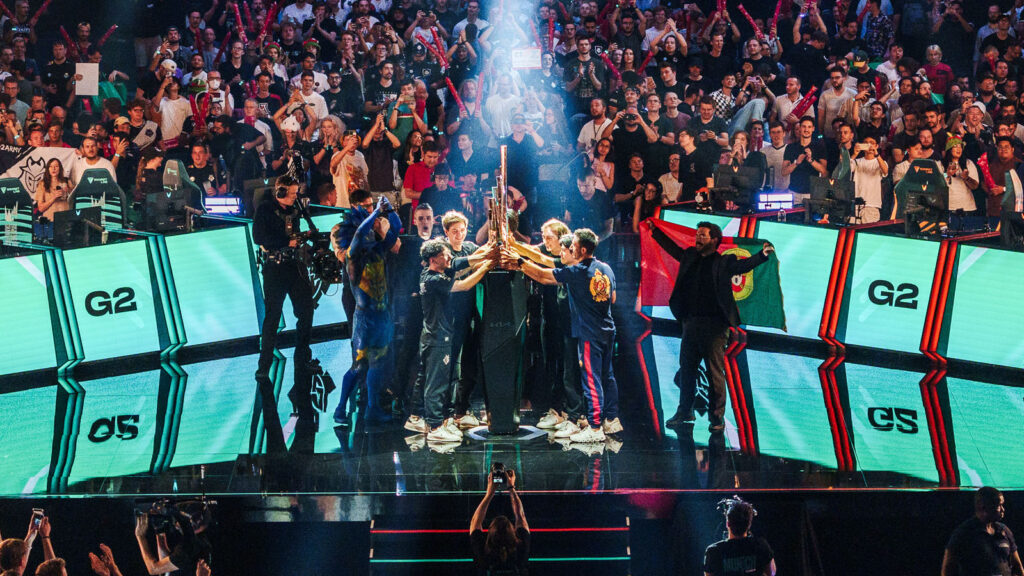
After Misfits Gaming, Ismael moved to Rogue, Vitality, and eventually G2 Esports.
“Patterns that I have found in all the organisations is that there is the need to bring awareness about what high performance is and what high performance looks like, to create sustainable healthy processes that could influence in-game performance,” he shared, highlighting similarities in his professional experience across these four organizations.
Psychoeducation on basic pillars of performance (psychology, sleep, exercise) was a crucial starting point for these professional esports teams, he discovered. By laying the foundation, they were then able to create tools that gradually reinforce the developmental process.
“However, the big challenge is that a great number of esports players have developed sedentary lifestyles that have come due to the grind approach to get better at the game,” said Ismael. “Therefore, breaking the belief that more is more in esports is not necessarily the right approach.”
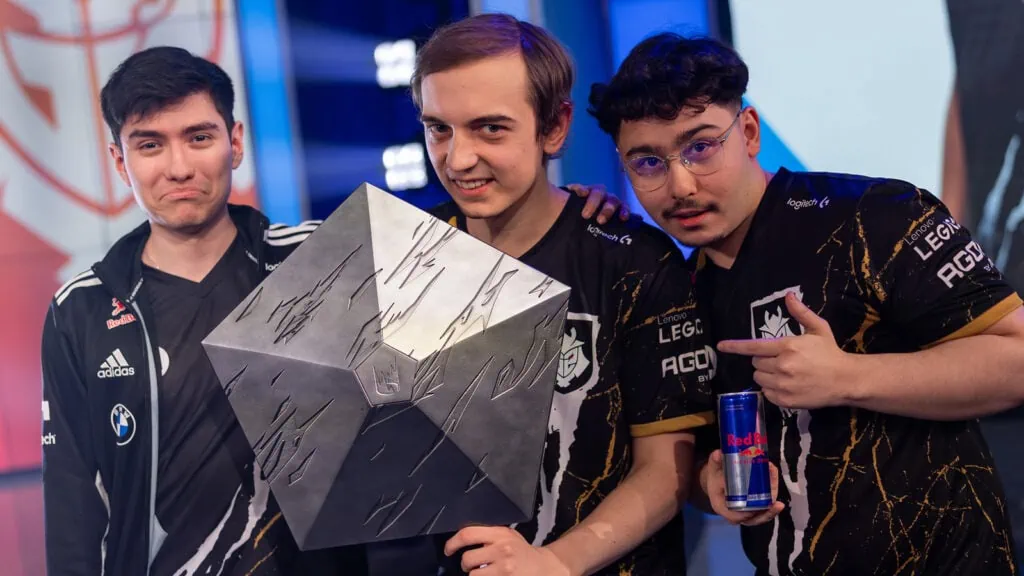
Pro players spend most of their hours grinding solo queue, scrimming, and staying up to date with patches, yet “implementing a few strategies outside the game can create a more deliberate and effective approach to learn and improve in the game,” says Ismael.
This is why his primary approach is education — to let players know that there are alternate ways to get better at the game whilst creating lifestyles that can help them perform at the highest level that in turn, extends their career longevity.
G2 Esports jungler Martin “Yike” Sundelin, for example, debuted in the LEC in 2023, which was a very different, high-pressure environment compared to the local and regional tournaments he competed in. What’s more, he joined one of the biggest, most renowned esports organizations in the world which came with high expectations to deliver results.
“We have worked from the perspective of mental skill training and mindfulness approaches where he gets to practise tools such as visualisation and self-talk every day to perform under pressure and work on awareness of his emotions and breathing patterns to then implement these tools as pre-performance routines,” Ismael related.
The future of performance coaching in esports
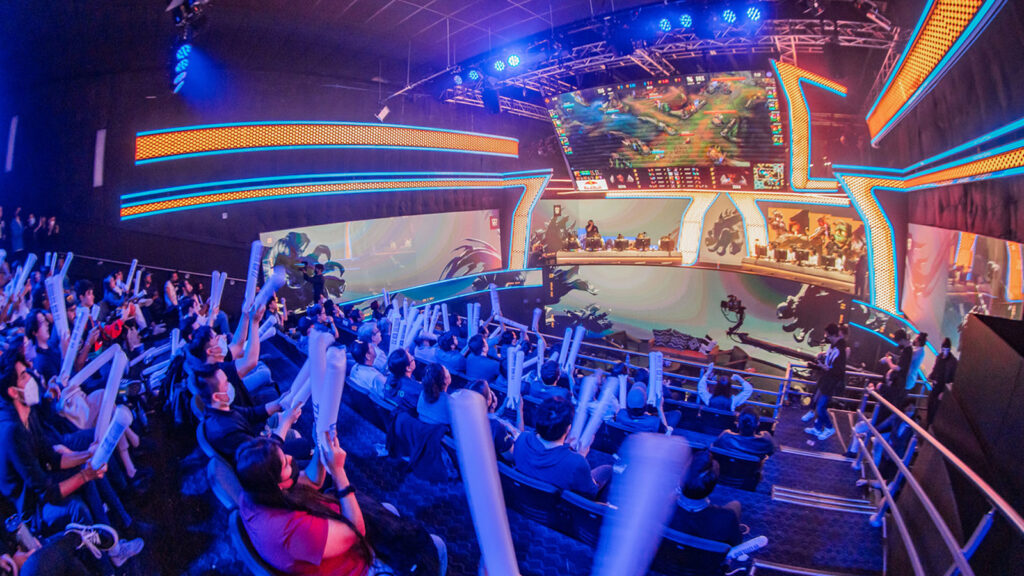
Ismael has observed that increasingly, esports organizations are allocating more resources to pro players by recruiting “experts like performance coaches with the specific aim of performance enhancement.”
Depending on their expertise, these coaches have the potential to enhance individual and team performance, but also their overall well-being and mental health. Some organizations may place greater focus on enhancing mental health, while others might adopt practices that could indirectly benefit mental well-being.
At G2 Esports, they’ve gradually implemented strategies and processes to support the players. For the League of Legends team, they developed targeted strategies to raise awareness of their well-being and lifestyles, establishing protocols to support their mental health through daily exercise, meditation, breathing exercises, social activities, and the cultivation of emotional intelligence.
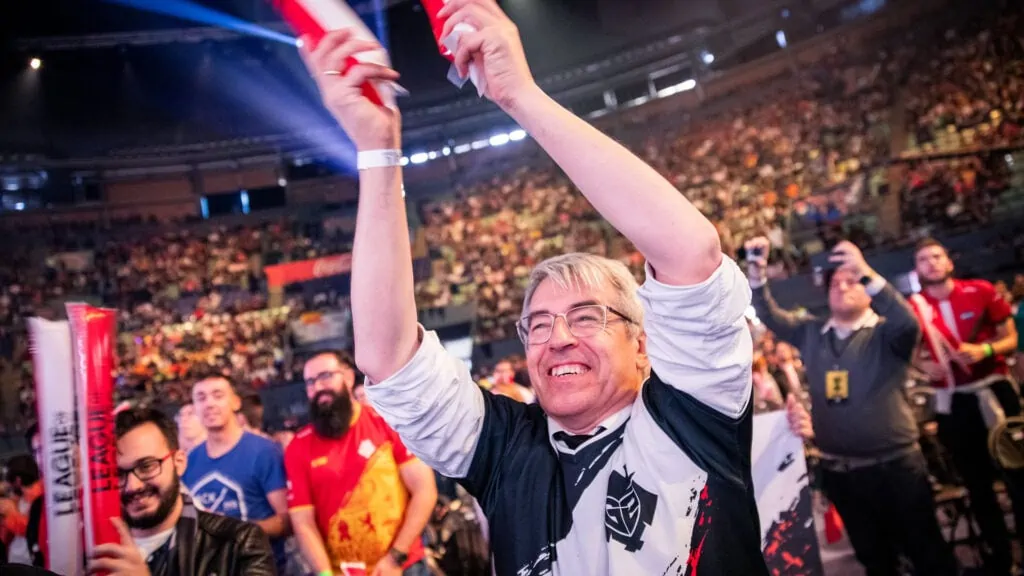
They’ve also put in place systems where players and staff can check-in daily with each other in one-on-one settings. “We are in close touch with players and close support members, where we reach out to them, to stay in the loop during off seasons or international events,” Ismael added.
What’s more, G2 Esports as an organization participates in the “Good Game Project,” a research initiative on mental health co-funded by the European Union. Their goal is to gain deeper insights into the mental health of esports players and develop protocols and interventions to support their well-being.
World Mental Health Day encourages discussions about mental health, aims to reduce stigma, and highlights the importance of support systems. Each year has a specific theme to focus efforts on particular aspects of mental health.
Unhealthy conditions—such as stigma, discrimination, and exposure to risks like harassment—can significantly impact mental well-being, overall quality of life, and workplace participation or productivity. 2024’s theme is “Mental Health at Work,” which promotes safe and healthy work environments that serve as a protective factor for mental health.
READ MORE: 7 League of Legends Easter eggs that will surprise even hardcore players
